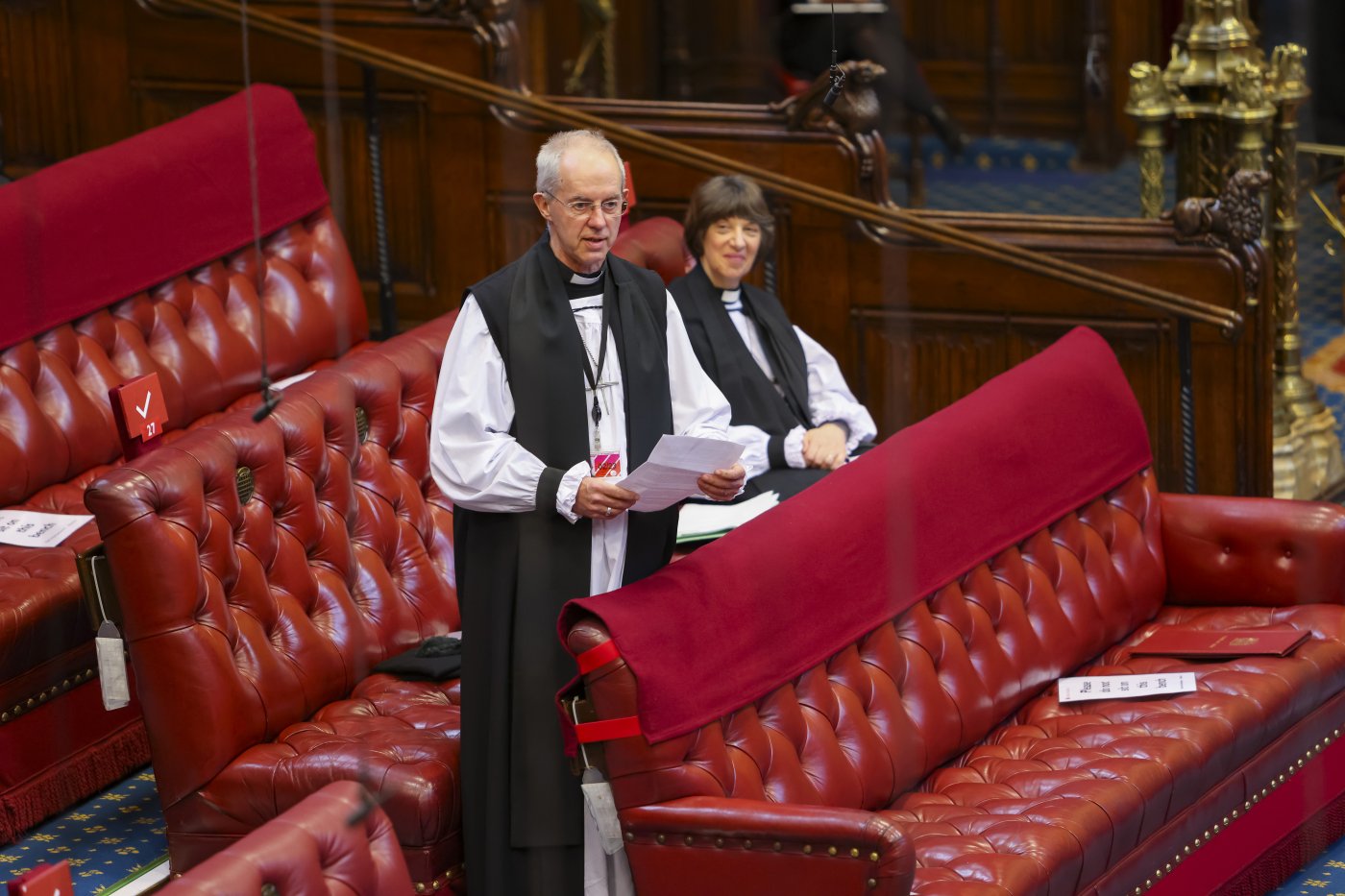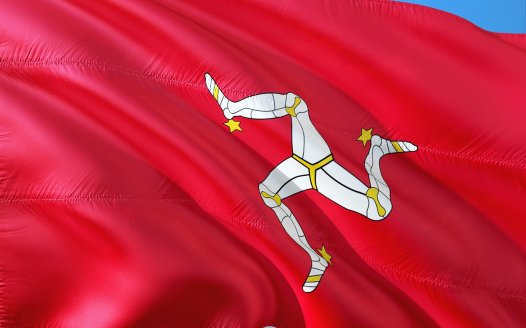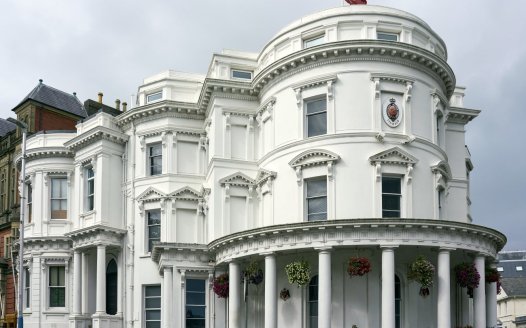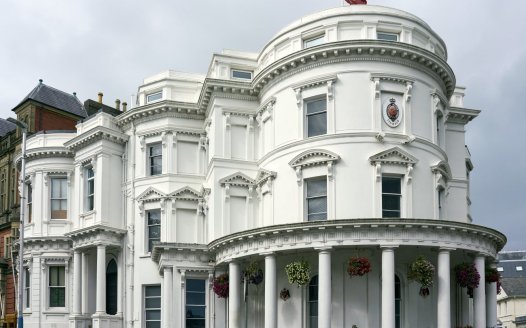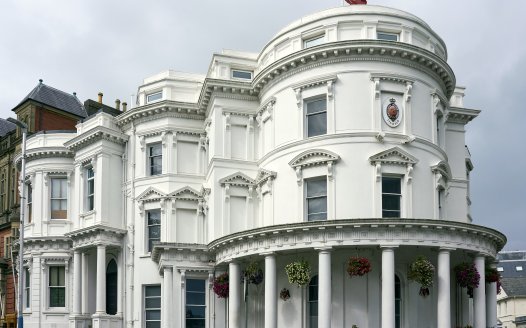Don't extend religious privilege in parliament - end it
Posted: Wed, 6th Sep 2023 by Stephen Evans
If you're vexed by Anglican clerics sitting as of right in our legislature deciding on the laws that affect us all, would you be assuaged by the idea of the bishops being joined by an assortment of imams, rabbis and priests?
No, I thought not.
But whenever the question of House of Lords reform comes up, the so called 'solution' of multifaith 'lords spiritual' is floated.
A recent survey of Church of England clergy found that almost half of them think the seats currently reserved for Anglican bishops in the House of Lords should be shared with other faith leaders.
This idea isn't new.
As long ago as 1970 the Archbishops' Commission on Church and State accepted the reduction of the number of bishops to 16 and proposed that the additional places be taken by other religious leaders.
In 1985 Conservative MP Richard Holt tabled an amendment to reduce their numbers to 14. Holt's plan involved replacing nine of the Church of England's bishops with representatives from other faith groups.
Then, in 1999, a report from The Royal Commission on the Reform of the House of Lords suggested the second chamber should have fewer Church of England peers to allow for more non-Christian representatives and other Christian denominations.
In 2011, a paper produced by the Conservative Christian Fellowship called for a "broad bench of Lords Spiritual", saying there was a "strong argument that our legislature would benefit from the wisdom of leaders of Baptist, Catholic, Methodist and black-led congregations".
The Woolf Institute's Commission on Religion and Belief in Public Life also published a report in 2013 which called for the representation of religion in the House of Lords to be reformed to "give voice to a greater variety of religious voices".
That support for a multifaith arrangement should come from within the Church of England itself isn't surprising. They know the game is up. In a country which even they concede can no longer be called Christian, their unique privileges are increasingly hard to justify. They know that their only real hope of retaining privileged political influence is to share the privilege around a bit.
Under the present arrangement, 26 Anglican bishops sit as legislators in the House of Lords by right of their position within the established Church.
This situation is unique in the democratic world. Iran is the only other country that provides seats as of right for clerics in its national legislature. The bishops' role in the House of Lords dates back to the feudal and medieval days of the 14th century – and is clearly unfit for a 21st century democracy.
Reform is long overdue. But a multifaith approach is fundamentally flawed and entirely unworkable.
On point of principle, why should religious groups enjoy preferential and automatic status in the country's legislature? There's no sound rationale for providing any distinct explicit representation for religious bodies in a modern, democratic chamber.
It is sometimes argued that the bishops' bench helps to maintain a space for religion in public life. But it's not clear why any special interest group should have a special space carved out for them. Religion is well equipped to compete just fine in the marketplace of ideas without a leg up.
The aspiration to make the House of Lords representative of the diverse beliefs and perspectives within the UK is sound. But under the current appointments system, this pluralism can be achieved by ensuring appointments reflect the UK's diversity in all its forms. Religious leaders can and have been appointed to the House of Lords through the existing appointments process. Such appointments should be on merit rather than as of right.
And it's worth noting that many temporal peers are religious – a much higher proportion than in the country, partly because of their greater average age. Many use their position to advocate for their faith. Religious interests are very well served in parliament without the need for special seats to be 'reserved'.
It has been suggested that religious leaders add value by bringing a moral dimension into parliamentary proceedings. This idea is as outdated as it is offensive. Religious leaders aren't the moral compass of the country. Quite the contrary, considering the public's opinion on issues ranging from same-sex marriage to assisted dying. Ordinary members of the House, whether religious or nonreligious, are just as able to bring ethical, moral, spiritual or philosophical perspectives into legislative deliberations.
And there certainly doesn't seem to be any desire amongst the public to have religious representatives automatically appointed to the second chamber. A 2021 YouGov survey found only 16% of British people believe bishops should be entitled to a seat in the House of Lords. It's hard to see that support rising if a collection of other faith leaders were to join them.
A multifaith approach to the lords spiritual would pose significant practical problems, too.
The question of which faith communities would be represented, and then identifying and selecting individuals who could legitimately represent those faith communities, would be both extremely difficult and highly divisive.
Unlike the Church of England, many denominations and faiths don't have a hierarchical structure. There is no supreme governing body in Hinduism, Sikhism, Buddhism or Islam. Which schools of thought would be represented and who would represent them? Would Ahmadis, who are considered non-Muslims by many mainstream Muslims, be represented, too?
The Chief Rabbi may be the rabbinical authority of the Orthodox sector, but his authority isn't recognised by the Reform Synagogues or by other congregations. Canon law doesn't even permit Roman Catholic priests to be members of secular legislative bodies, so would Catholic representation need to be undertaken by lay Catholics? Would Mormons and Jehovah's Witnesses, as Christian denominations, be treated on an equal footing with others? Would Nonconformists, Pagans and Humanists get a seat at the table? Would their consciences even allow them?
The whole concept of multifaith lords spiritual is a non-starter. Our democracy shouldn't be organised along the lines of Radio 4's Thought for the Day.
Removing seats 'as of right' for religious leaders is a more sensible, suitable and sustainable approach for a modern democracy.
Local authorities in Scotland are leading the way here by removing voting privileges of the religious representatives they are required by law to appoint to their education committees. The next step is surely to remove the obligation to appoint them in the first place. The same goes for the bishops in the Palace of Westminster.
Reserving a special role in policymaking for representatives of religious institutions runs counter to principles of equality. And this is the principle that should guide Lords reform. Religion should take its place alongside all other special interest groups and lobby through the same democratic channels.
People of all faiths and none should be encouraged to participate in our democracy, but it should be on the basis of equality rather than privilege.
Image: Roger Harris, Wikimedia Commons
Scrap the bishops’ bench
Join our campaign to end the archaic, unfair and undemocratic bishops' bench in the House of Lords.

